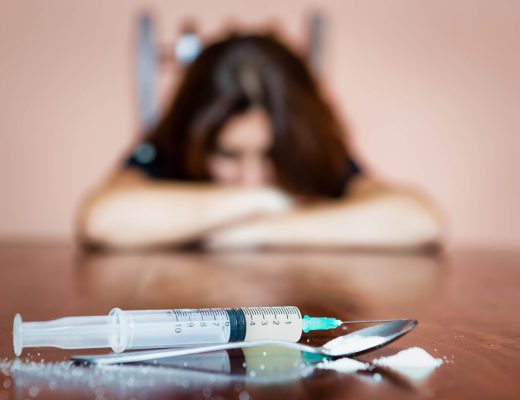We talk about suicide and suicide prevention in psychiatry from day one of residency. I do not remember discussing suicide before that except in the ER during my internship. Yes, as young medical graduates, we all feel that we can make a difference and our patients won’t die of suicide. But with time suicide among patients becomes more of a norm than an exception. I have discussed this with my colleagues and have seen the death of a patient by suicide affecting them. The research also has shown that after the death of a patient by suicide, mental health professionals are considerably emotionally affected. They feel that their clinical practice suffered, and even some changed career paths entirely.
When we look from another perspective of death; do cardiologists experience similar emotional turmoil when a patient dies of a myocardial infarction? Do oncologists consider changing careers when they cannot save a terminally ill patient? There is no doubt doctors in all specialties feel grief and guilt at the death of a patient. However, death by suicide comes with its own unique complex emotions. I remember my first patient who I heard committed suicide. He was an only child of an affluent family and I had worked hard in his detailed workup and management. We also presented his case and the improvement from our treatment at a local conference. However, in a few months I heard his untimely demise. There was a moment of shock, grief, and sadness. I remember the thoughts about the patient hovering in my mind for a few weeks. The momentary success we had in treating patients and our scientific presentation was all in vain.
This effect the suicide of a patient has on a psychiatrist is because of a paradox in the narrative around suicide prevention. On the one hand, death by suicide is seen as avoidable and unnecessary making the death very tragic. On the other hand, we clinicians are also aware of the limits of our ability to predict and contain risk. Hence, the contradictions are impossible to resolve. Furthermore, we have a lot of campaigns that aim for zero suicide. This instills hope in clinical and public health efforts, but might also have unintended negative consequences on professionals as zero suicide is nearly impossible.
As a psychiatrist working in a country like Nepal where we have to see 50-60 cases a day, we do not have the luxury of assessing every dimension of patients’ state. We are bound to overlook some things and that is going to haunt us if any untoward event occurs. And in case of suicide guilt and shame prevails. Overall, the field has been relatively silent about this phenomenon (impact of the suicide of a patient on a psychiatrist) as evidenced by the sparse literature on the topic and the paucity of formal attention given to it in residency training programs. Patient suicides in reality may be the most psychologically difficult experiences encountered in the professional life of a psychiatrist.




